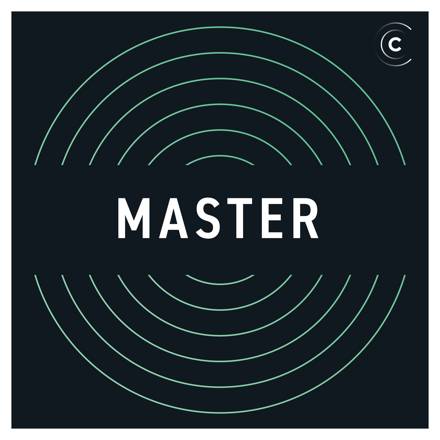This week Adam went solo — talking to Kyle Wiens, Founder and CEO at iFixit, about all things Right to Repair. They discussed the latest win here in the US with Oregon passing an electronics Right to Repair law to allow owners the right to get their stuff fixed anywhere as well as limit the anti-repair practices of parts pairing. They also discussed the history of the DMCA, the challenges posed by Section 1201, the challenges of recycling products with glued-in batteries, the need for producer responsibility, the future of repairability, repair scoring systems to inform consumers, and so much more. Did you know that iFixit funds its advocacy work through the sale of its tools and parts? So cool.




